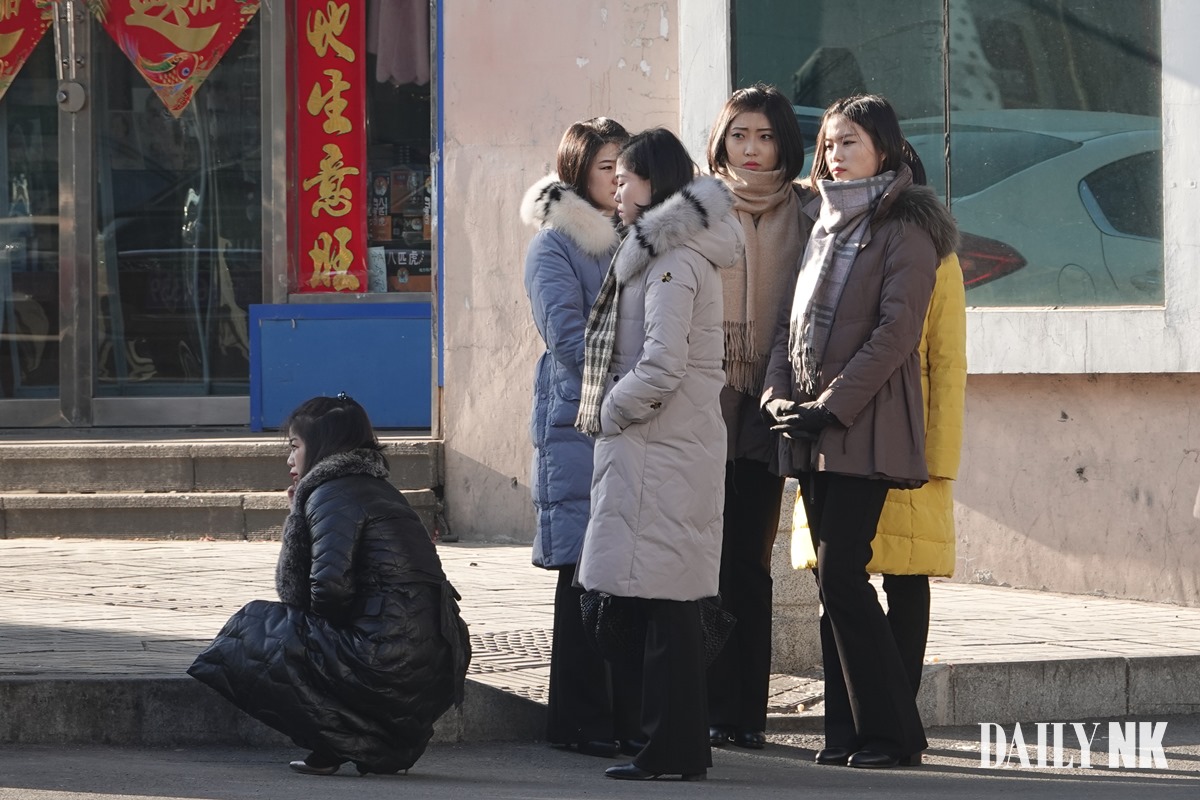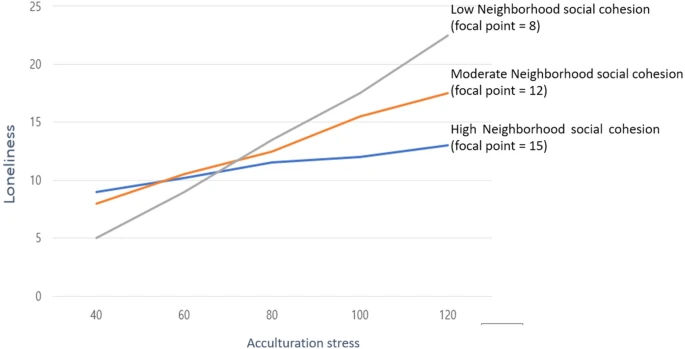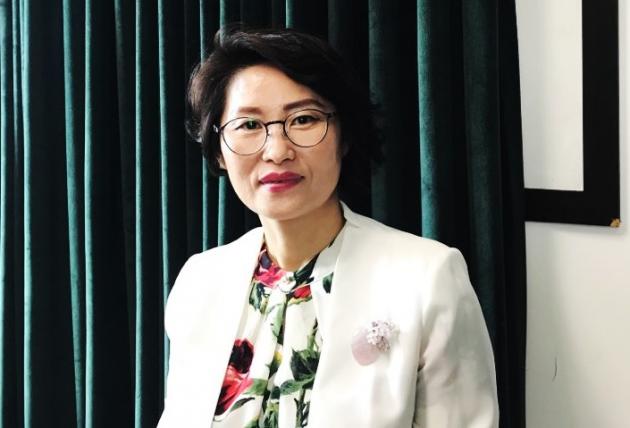A report by Daily NK explores the state of Women’s Rights in North Korea. More than half of the respondents reported being sexually victimized by officials in state institutions like the national police agency and correctional centers. Furthermore, a shocking 73% said they had experienced situations in the workplace, military, or markets where officials pressured, manipulated, or tricked them into engaging in sexual activities in exchange for promotions or business opportunities.
These results highlight the widespread nature of workplace discrimination and sexual harassment in North Korea. This survey reveals the harsh reality that North Korean women face, which starkly contrasts with the regime’s portrayal of their lives. It underscores the urgent need for increased awareness, protection, and enforcement of women’s rights in North Korea.
Link to Report



